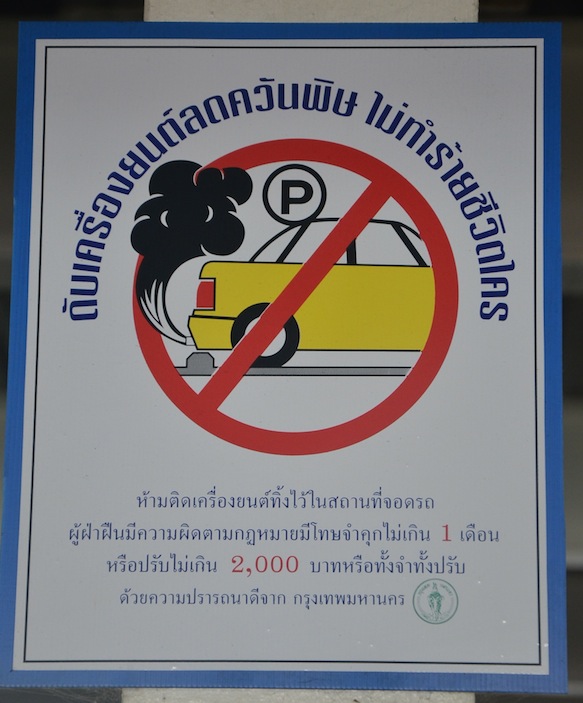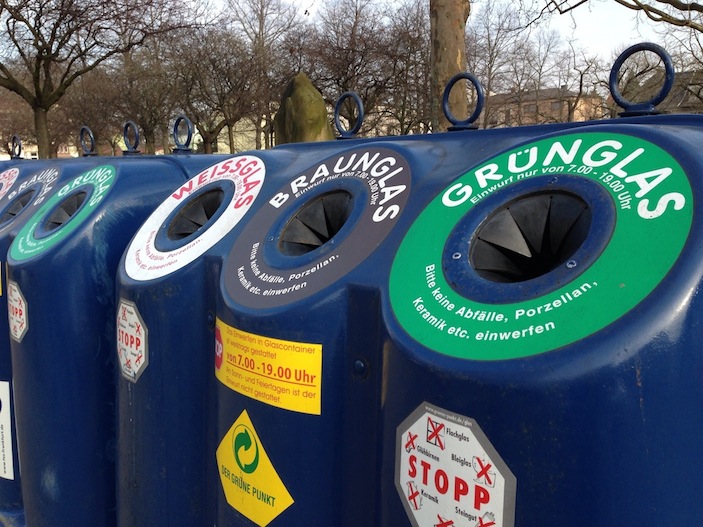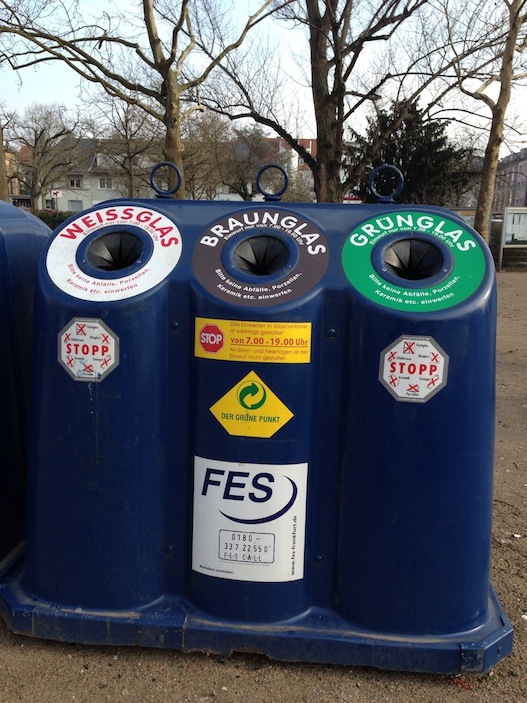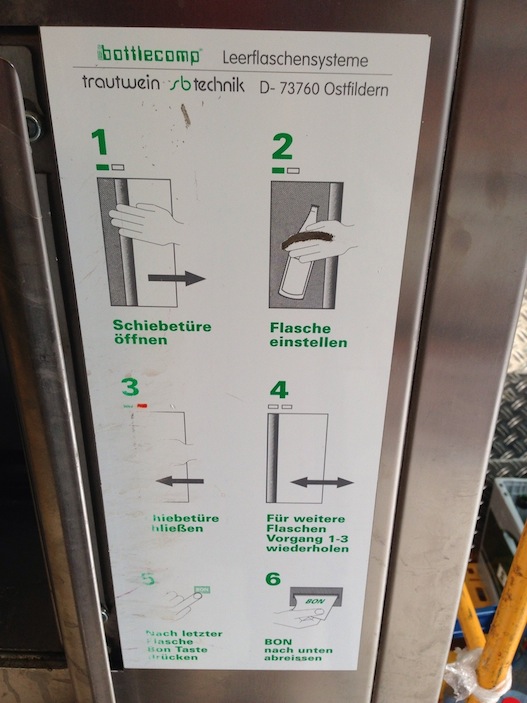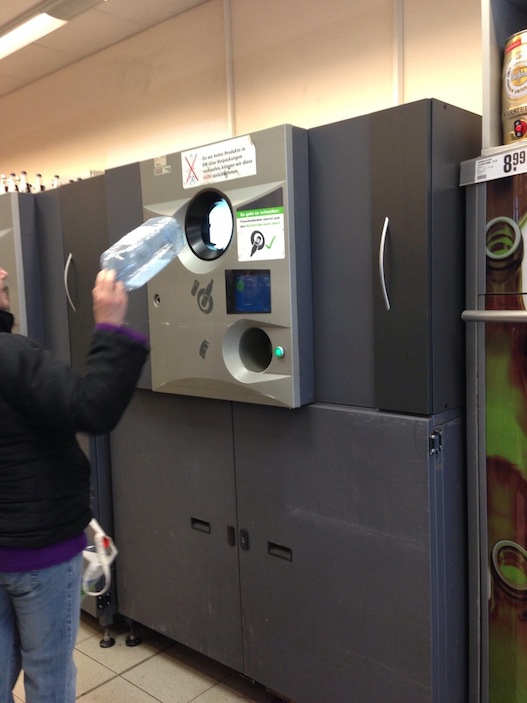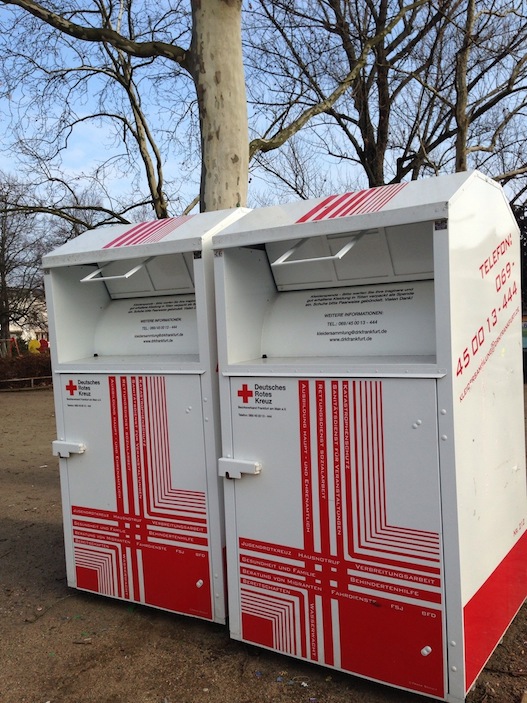Posts Tagged ‘Environment’
Ghana’s Second-Hand Goods Market Creates Quite a Stir
There has been quite a debate in recent years over Ghana’s long history of importing second-hand goods from Europe, and more prominently, the United States. Last Fall, the nation’s government implemented a total ban on the importation of second-hand refrigerators and air conditioners due to their negative environmental impacts, which caused a stir in leaving more than 15,000 people jobless.
Many a business has been made in Ghana from breaking down and redistributing products like these—sound cards from trashed computers and alternators and other parts from abandoned cars are among the most immediately useful and sellable. The problem is that the non-useful parts of these machines are then burned in giant bonfires, from which lead, arsenic and mercury have steadily seeped into neighborhood water supplies.
This debate is likely not to end anytime soon, but it has a particularly interesting angle in the apparel sector. (For the record, Ghana’s government banned the resale of “unhygienic” items like underwear, handkerchiefs and mattresses in 2011). There are plenty of tailors in the country who are upset that boatloads of useless-in-America shirts (“John Edwards 2008” campaign shirts were in particular abundance) make it difficult for them to compete from a pricing standpoint. Even the clothes that are higher-end, which have long been passed from first-world countries to here—can spark debate.
See, there is a common myth in Ghana that no citizen of a developed country would wear the clothes of an obruni wawu (“dead white man”), and so the clothes sent here all came from obrunis. This is not true, of course (perhaps Ghanaians should listen to American rapper Macklemore’s hit song introducing second-hand thrift shopping as something cool in pop culture), and good quality clothes here can be scored as a result: stylish t-shirts for two or three cedi (USD$1-$1.50), designer jeans for about 10 cedi (USD$5), and so on.
There is no doubt that second-hand goods from developed countries will continue to be part of Ghana’s economy, the question is just exactly how much.
The Complicated Art of Disposal
Germans are earth-conscious. They recycle…a lot. And that’s good. What’s not so good, however, is the process of figuring out exactly how to abide by the strict recycling guidelines if you aren’t from here.
Being one of the world’s pioneers in recycling, Germans have it down to a science—evident in the many colors of bins you’ll see for recycling throughout any city you walk through. One for plastic, one for metal, one for tin, one for a different kind of plastic, one for green-tinted glass, one for yellow-brown tinted glass, one for clear glass, one for paper, one for…it can be quite a confusing ordeal. And with the army of recycling men running around collecting and managing these things, not to mention the “observant” locals not-so-subtly shaking their head at your ignorance as you make your bin selection, quite an intimidating one too!
And that’s just at the park. Let’s not forget the refund machines in many supermarkets that collect certain types of glass bottles for some money back. You have to look for a particular logo on your bottle, and if it’s not there, no matter how much all the glass may seem alike, you won’t get your 50 cents for it. But more importantly, you’ll draw the ire of the people lined up behind you, who just lugged 10 kilos worth of bottles to the store to walk away with their euros!
I’m glad the Germans are this way—we should all learn from their example. But perhaps a tutorial on the flight over would make life a little easier for all of us :).
.jpg)
